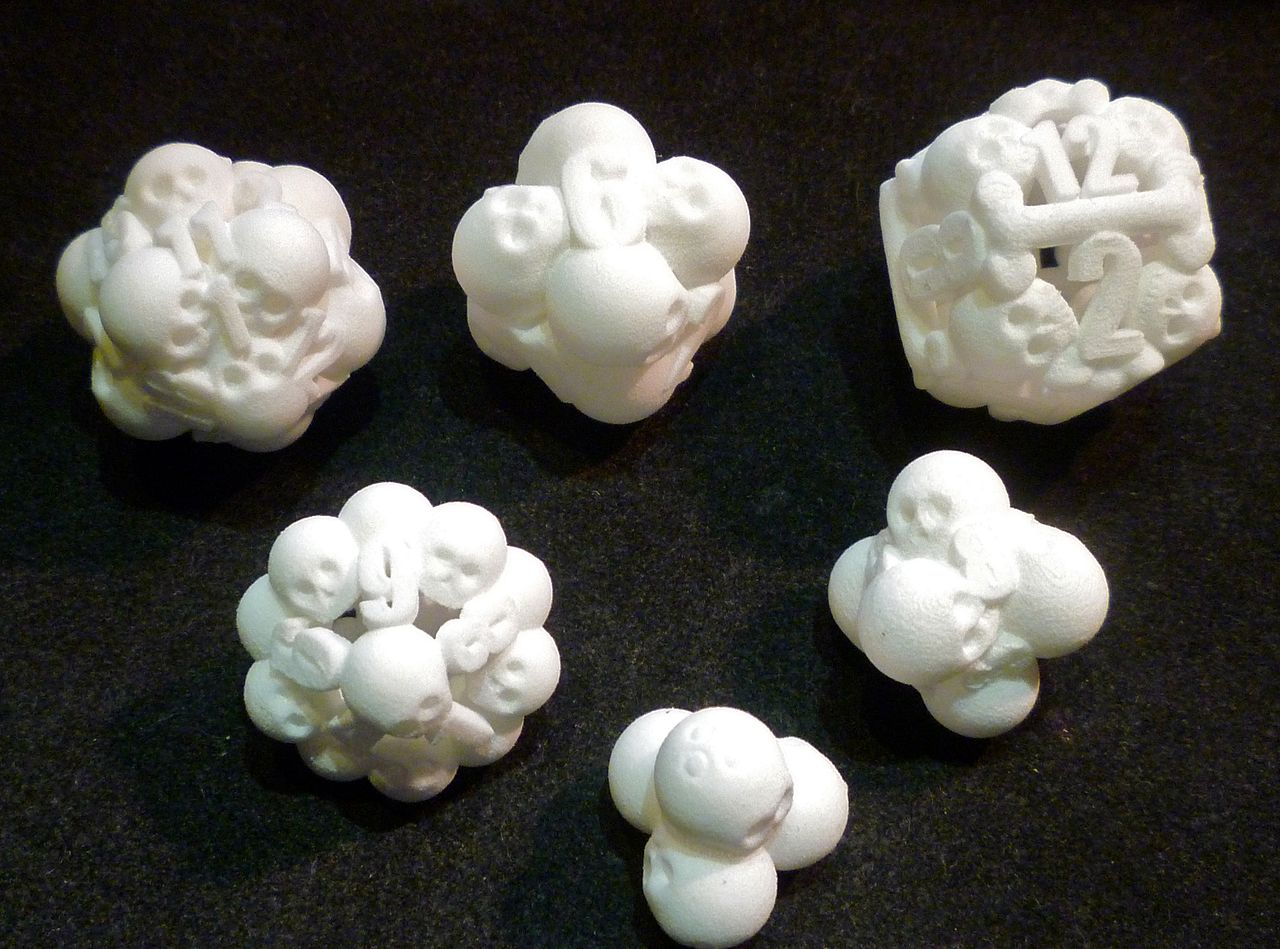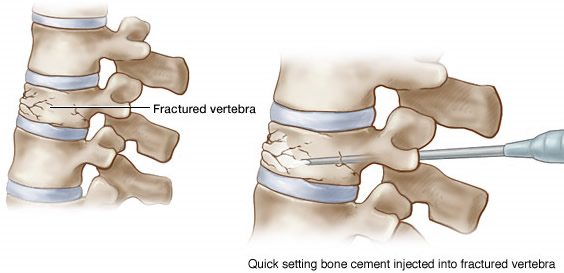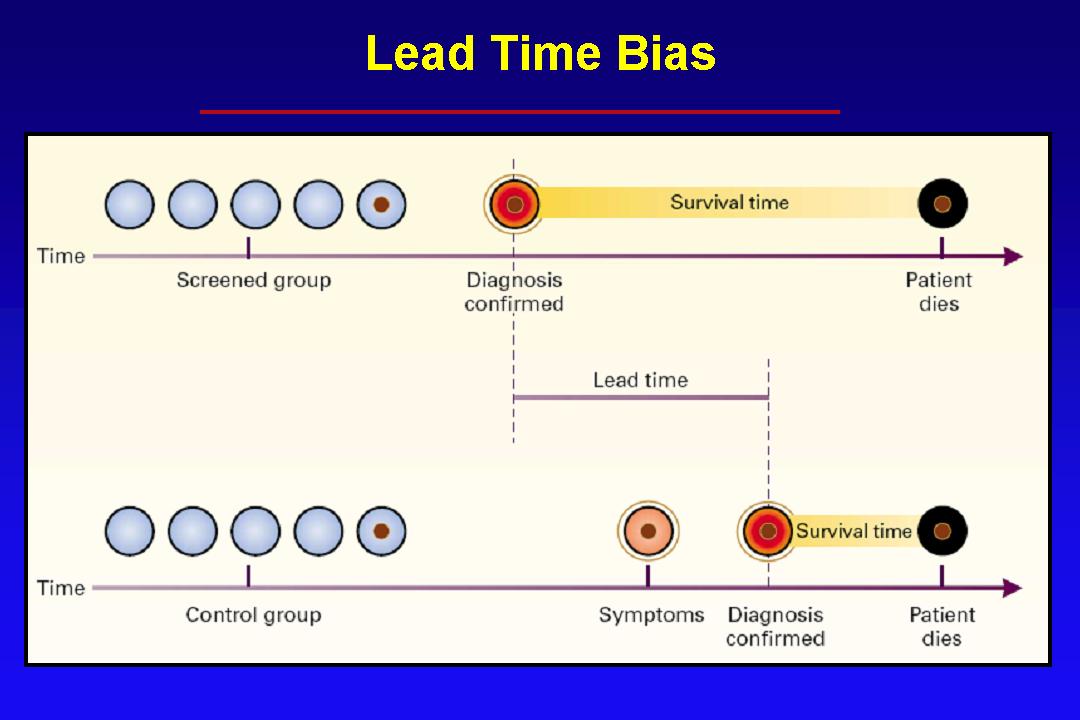Results for: mammography overdiagnosis

Is cancer due mostly to “bad luck”?
One of the more difficult conversations to have with a patient as a cancer doctor occurs when a patient, recently informed of her diagnosis of, for example, breast cancer, asks me, “Why did I get this? What caused it?” What almost inevitably follows is an uncomfortable conversation in which explanations of the multiple known causes of breast cancer do not satisfy the...
Recent Developments and Recurring Dilemmas in Cancer Screening: Colon, Lung, Thyroid
A new stool DNA test was recently approved by the FDA for colon cancer screening. My first reaction was “Yay! I hope it’s good enough to replace all those unpleasant, expensive screening colonoscopies.” But of course, things are never that simple. I wanted to explain the new test for our readers; but before I could start writing, some other issues in cancer...

Do doctors pay attention to negative randomized clinical trials?
We at the Science-Based Medicine blog believe that all medicine, regardless of where it comes from, should be held to a single science-based standard with regards to efficacy, effectiveness, and safety. We tend to focus primarily on “complementary and alternative medicine” (CAM), now more commonly known as “integrative medicine,” because (1) we believe it to be undermining the scientific basis of medicine...
Autism prevalence: Now estimated to be one in 68, and the antivaccine movement goes wild
There used to be a time when I dreaded Autism Awareness Month, which begins tomorrow. The reason was simple. Several years ago to perhaps as recently as three years ago, I could always count on a flurry of stories about autism towards the end of March and the beginning of April about autism. That in and of itself isn’t bad. Sometimes the...

Redefining cancer
Blogging is a rather immediate endeavor. Over the last nine years (nearly), I’ve lost track of how many times I saw something that I wanted to blog about but by the time I got around to it, it was no longer topical. Usually what happens is that my Dug the Dog tendencies take over, as I’m distracted by yet another squirrel, although...

The difference between science-based medicine and CAM
There is a huge difference between science-based medicine (SBM) and so-called "complementary and alternative medicine" (CAM) or, as it's increasingly called, "integrative medicine." That difference is that SBM changes with new science. The change might be messier and slower than we would like, but eventually science and evidence win out.

Once more into the screening breach: The New York Times did not kill your patient
Dr. George Lombardi thinks that he could have saved a patient from dying of prostate cancer if a prostate specific antigen test had been done. Is he right? Probably not.

Cancer care in the U.S. versus Europe: Is more necessarily better?
The U.S. is widely known to have the highest health care expenditures per capita in the world, and not just by a little, but by a lot. I’m not going to go into the reasons for this so much, other than to point out that how to rein in these costs has long been a flashpoint for debate. Indeed, most of the...
A surprising article about “integrative” medicine in The New England Journal of Medicine vs. “patient-centered” care
The New England Journal of Medicine (NEJM) is published on Thursdays. I mention this because this is one of the rare times where my owning Mondays on this blog tends to be a rather large advantage. Fridays are rotated between two or three different bloggers, and, as awesome as they are as writers, bloggers, and friends, they don’t possess the rabbit-like speed...
Re-thinking the Annual Physical
Please note: the following refers to routine physicals and screening tests in healthy, asymptomatic adults. It does not apply to people who have been diagnosed with diseases, who have any kind of symptoms or signs, or who are at particularly high risk of certain specific diseases. Throughout most of human history, people have consulted doctors (or shamans or other supposed providers of...

